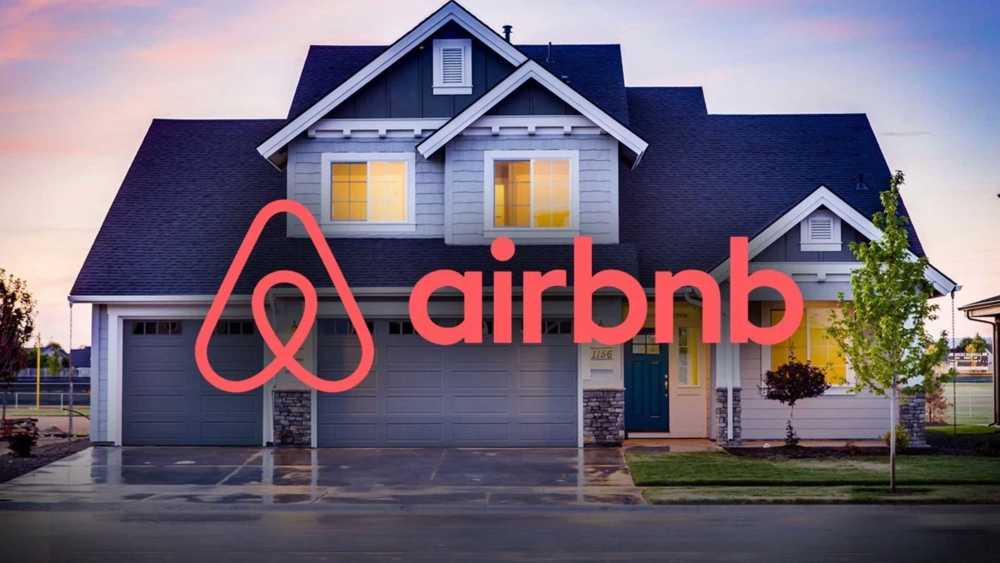Airbnb is cutting 1,900 employees, or about 25% of its workforce, as it faces “hard truths” including uncertainty over when global travel will resume amid the coronavirus pandemic, CEO Brian Chesky said in a memo to employees. He added that the company’s 2020 revenue is likely to be less than half of what it booked last year.
“We are collectively living through the most harrowing crisis of our lifetime, and as it began to unfold, global travel came to a standstill,” Chesky said in the memo. “Airbnb’s business has been hit hard.”
The company took steps such as raising $2 billion in capital and cutting costs, but Chesky said the company realized it needed to take additional steps because of the uncertainty of when global travel will resume. He added that it’s likely travel will “look different” when consumers once again start booking vacations.
“People will want options that are closer to home, safer and more affordable,” he wrote. “This means that we will need to reduce our investment in activities that do not directly support the core of our host community.”
Airbnb will halt its efforts in transportation services and Airbnb Studios, a venture to create TV shows about travel. It said it’s also scaling back its investment in hotels and Lux, its luxury rental service.
Departure terms could be called generous compared to what many established companies offer laid-off workers. For example, employees who are losing their jobs will receive 14 weeks of base pay, plus an extra week for every year at Airbnb, Chesky said. That means a worker who had been employed at Airbnb for four years would receive 18 weeks of severance, for example. In addition, workers who are laid off will also receive subsidized healthcare coverage for one year of through COBRA, he said.
“In the midst of a global health crisis of unknown duration, we want to limit the burden of healthcare costs,” he wrote.

